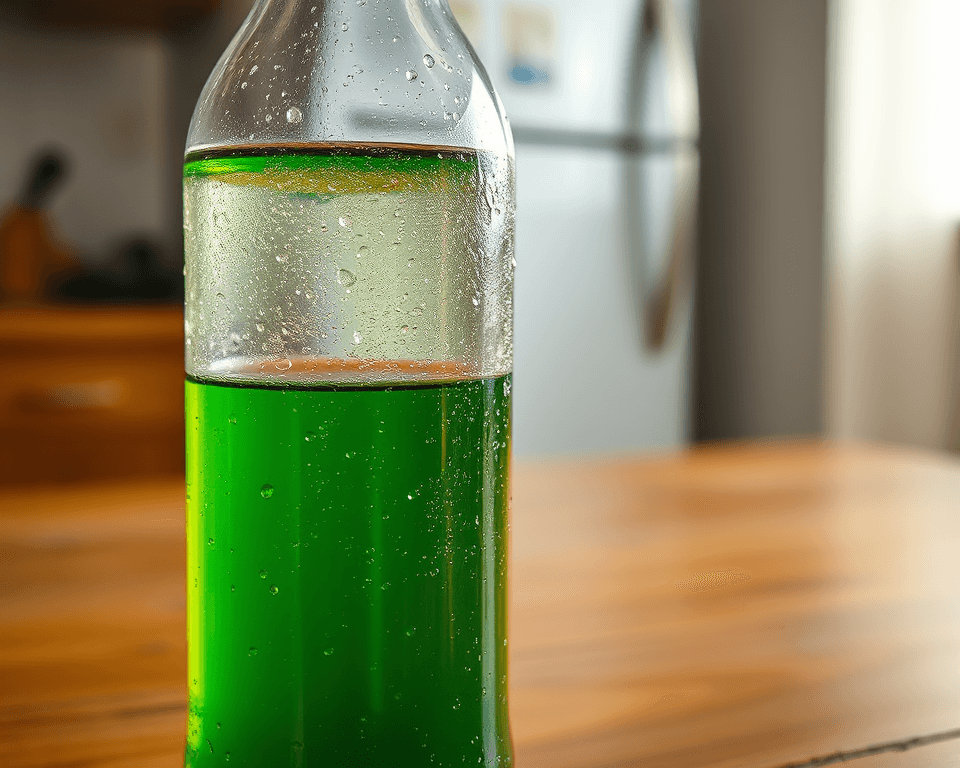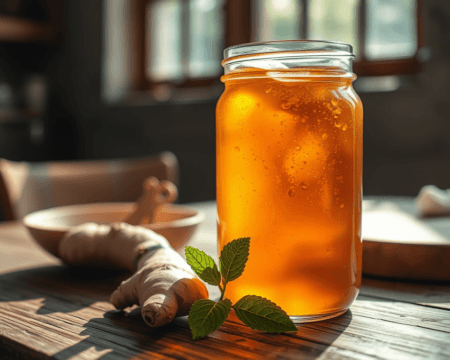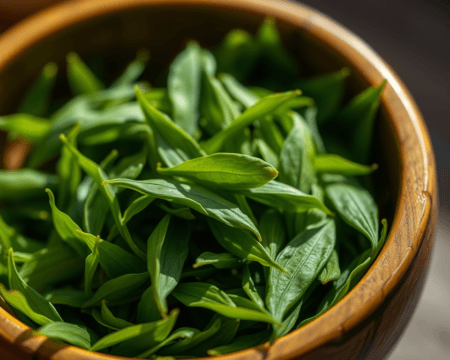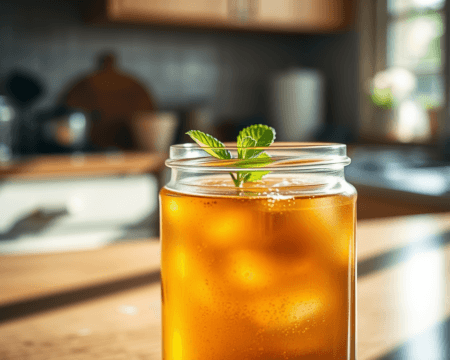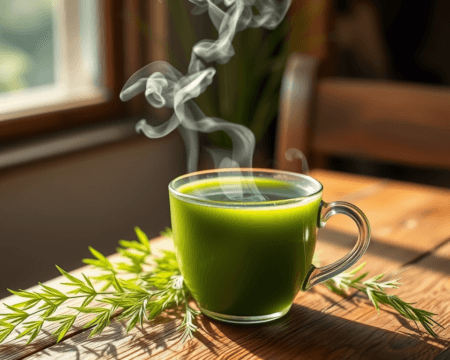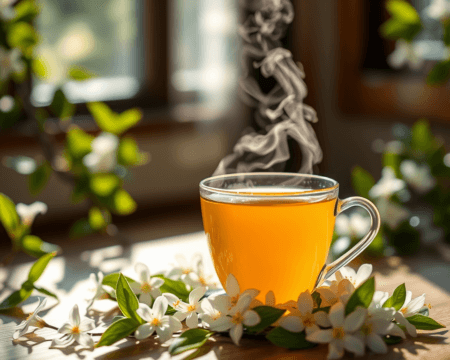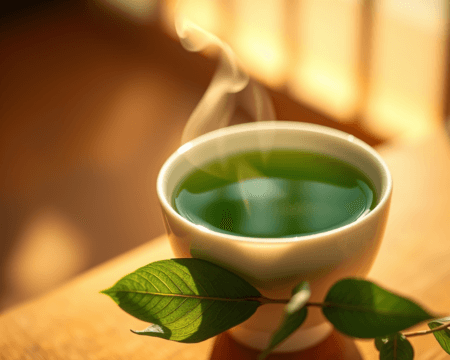When I stumbled upon a half-finished bottle of iced green tea sitting in my fridge, I had one of those “Uh-oh” moments. How long had it been there? Did it go bad? Is it still safe to drink? These questions flashed through my mind like a lightning bolt. Bottled tea is refreshing and can be a fantastic beverage choice—providing hydration and a nice caffeine boost. But just like any other food and drink, bottled tea has a shelf life, and it’s crucial to understand what that means for our health and safety.
Key Takeaways:
– Expiration vs. Best By: Knowing the difference helps in making informed choices about your beverages.
– Types of Bottled Tea: Not all bottled teas expire in the same timeframe; some can last longer than others.
– Spoilage Signs: Knowing what to look for can prevent consumption of spoiled products.
– Storage Matters: Proper storage can significantly extend the freshness and flavor of bottled teas.
– Consumer Behavior: Many people misunderstand expiration dates, affecting how they perceive food safety.
Understanding Bottle Tea Expiration
What Does Expiration Mean in Food Products?
Let’s kick things off by clarifying what expiration actually means. In the food world, expiration dates are guidelines set to indicate when a product is no longer guaranteed to be at its peak quality. Think of the expiration date as that firm “last call” at your favorite bar. Past this date, the quality could tank, and safety may become questionable. In the U.S., labels like “sell by” and “best by” are typically a part of this lexicon but can confuse consumers as they don’t mean the same thing across different products.
For bottled tea, these dates help protect consumers. An expired bottle could lead to food safety issues if it’s not stored correctly or consumed well after its intended lifespan.
Differences Between Expiration Dates and Best By Dates
Understanding the difference between an expiration date and a best-by date is crucial to making safe decisions. An expiration date is non-negotiable; it means the product should not be used after that date. On the flip side, “best by” is a guideline for peak quality—often the flavor, texture, and freshness.
Let’s say you have a bottle of Snapple Peach Iced Tea sitting in your pantry. If the best-by date is today, it might still taste perfectly fine a week or two later. However, if it’s past the expiration date? That’s a different ball game.
Shelf Life of Different Types of Bottled Tea
Common Types of Bottled Tea and Their Longevity
One size doesn’t fit all when it comes to bottled tea. Here’s where things get interesting. Different types of teas come with different expiration times. Here’s a quick breakdown:
- Green Tea: Typically lasts 6-12 months if unopened, but flavor begins to decline after about a month once opened.
- Black Tea: These can be pretty resilient and can last up to 18 months if stored away from light and heat.
- Herbal Tea: Usually sees a shelf life of about 12 months.
- Iced Tea: Pre-made iced teas (like those from Pure Leaf or Lipton) will start to lose freshness after about 4-6 months.
- Flavored Teas: Added ingredients can complicate things. These can yield a shelf life of about 6 months unopened but might go bad quicker once opened.
Keeping these variances in mind is vital to prevent spoilage and maximize enjoyment.
Factors That Affect the Shelf Life of Bottled Tea
Now, let’s talk about what actually affects how long those teas can hang around. Several key factors come into play:
- Temperature: Heat is a foe. High temperatures can accelerate the decline of both flavor and safety.
- Light Exposure: UV rays can degrade both the taste and appearance. Dark storage is your friend.
- Ingredient Quality: Natural ingredients often equate to shorter shelf lives. This is especially true if there are no preservatives in your bottle.
- Packaging: The type of packaging—like glass, plastic, or metal—plays a role in how long it will last. Glass tends to offer better protection against elements that cause spoilage.
- Contamination: Don’t want to risk contaminating your favorite tea? Always reseal those bottles after pouring.
Getting a handle on this helps you make the most of your bottled tea experience!
Safety Considerations When Consuming Expired Bottled Tea
Signs of Spoilage in Bottled Tea
Here’s the moment of truth: you’ve found a bottle that’s past its expiration date. How do you know if it’s safe to drink? It’s all about knowing the spoilage indicators. Pay attention to these signs:
- Off Taste: If it tastes funky or off from its usual flavor, ditch it immediately.
- Color Change: Has it gone murky or changed in color? A clear sign something’s not right.
- Sediment: Any strange fuzzy bits floating around that weren’t there before? No thanks.
- Odor: A sour or unusual smell is a red flag.
- Texture Change: If it feels thicker or has changed consistency, it’s best not to risk it.
Get familiar with these signs, as they are crucial for your freshness assessment.
Is It Safe to Drink Expired Bottled Tea?
Ah, the burning question: is it safe to sip on expired bottled tea? Honestly, it can be a bit of a gamble. While some might be okay to consume right after the date, it’s essential to exercise caution. Most of the time, consuming expired products isn’t a good idea, especially if any spoilage signs are present. Foodborne illness is no joke, and it can mess your day up fast.
Always err on the side of caution. If you have doubts or see any signs of spoilage, toss it! Your health and wellbeing come first.
Best Practices for Storing Bottled Tea
Optimal Conditions for Bottled Tea Storage
Let’s geek out about storage for a second. How you store your bottled tea can make all the difference between a delicious drink and a disaster. Here’s the lowdown on optimal storage conditions:
- Refrigeration: For opened tea, you’ll want to pop it in the fridge. Cold slows down spoilage.
- Sealed Containers: Unopened bottles can usually gain a benefit from being in a cool, dark place—like a pantry.
- Dark Storage: Keep it away from direct sunlight! Light could break down the flavor and overall quality.
- Temperature Control: Find a consistent temperature. Fluctuating temps? Bad news for your teas.
Not only will proper storage help keep your favorite bottled teas fresh, but it also preserves the flavor profiles that ultimately enhance your experience.
How to Extend the Shelf Life of Bottled Tea
Looking to stretch out the longevity of those delicious beverages? Here are some tried-and-true methods to make it happen:
- DIY Methods: If you make iced tea at home, consider using ice cubes made from your brewed tea! This will maintain flavor for longer.
- Proper Sealing: Always seal the cap tightly after you pour, keeping air out minimizes oxidation.
- Recommended Containers: If you cook too much tea at once, store leftovers in a glass jar in the fridge for better longevity.
- Storing Tips: Label opened bottles with the date you opened them. This makes it easier to track freshness.
By following these practices, you’ll not only keep bottled tea fresher for longer, but you’ll also maximize your investment!
Consumer Attitudes Towards Expiration Dates
Common Misconceptions About Expired Beverages
Let’s tackle some of the myths vs. facts surrounding expired beverages. A significant number of people are led astray by misconceptions about food safety. Here’s the scoop:
- Wastefulness Mindset: Many fear tossing expired products, unaware that it might actually be unsafe to consume.
- Nutrition Education: There’s a lack of understanding that expiration doesn’t always mean “bad” or “unsafe”; in many cases, it’s an issue of taste.
- Valid Concerns: It’s essential to be cautious, but misinformation runs rampant regarding what’s truly dangerous and what’s just a minor quality concern.
Understanding these attitudes can shift consumer behavior away from wastefulness and toward informed decisions.
Willingness to Consume Expired Bottled Tea
Ever wonder how far people will go when it comes to consuming expired drinks? Research shows many are surprisingly willing to down expired bottles if they don’t notice any spoilage signs. Factors such as taste test feedback, familiarity with the product, and even personal experiences play huge roles in whether someone takes a sip or tosses it out.
This is partly psychological; consumers often ignore expiration dates if they feel a personal connection to a brand or beverage. Surveys reveal such trends while also emphasizing the need for clear labeling to keep drinkers safe and well-informed.
Staying ahead in the game when it comes to bottled tea means taking these attitudes into account. By combining proper education with clear labeling, we can foster better practices in food safety and encourage consumers to make smarter choices.
Understanding the shelf life of bottled tea is more than just a trivia question; it’s about making informed decisions for your health and enjoyment. From knowing what each date means to spotting the signs of spoilage, you can navigate your bottled tea experience like a pro!
Frequently Asked Questions
How can I tell if my bottled tea has gone bad?
To determine if your bottled tea has spoiled, look for off tastes, color changes, sediment, unpleasant odors, or unusual texture. If you notice any of these signs, it’s best to discard the tea to avoid potential health risks.
Are there health risks associated with drinking expired bottled tea?
Yes, consuming expired bottled tea can pose health risks, especially if it shows signs of spoilage. Bacteria can grow over time, leading to foodborne illnesses. Always prioritize safety by checking for freshness before consumption.
Can bottled tea be frozen to extend its shelf life?
Freezing bottled tea is not recommended as it can alter the taste and texture upon thawing. Instead, store it in a cool, dark place to maintain flavor quality and consider drinking it within the recommended time frame.
How long can bottled tea stay unrefrigerated after opening?
Once opened, most bottled teas should be consumed within 3 to 5 days if stored in a refrigerator. Leaving it unrefrigerated for more than 2 hours can lead to spoilage and an increased risk of foodborne illness.
Is it safe to drink homemade bottled tea after its expiration date?
Homemade bottled tea should be treated similarly to store-bought tea. If it has passed its expiration date and shows no signs of spoilage, you may consume it, but always exercise caution and prioritize your health.
What is the best way to store homemade iced tea?
For homemade iced tea, store it in an airtight glass or plastic container in the refrigerator. Keeping it chilled will maintain freshness and flavor, and consume it within 5 to 7 days to ensure optimal quality.
How does the type of tea influence its shelf life?
Different types of tea have varying shelf lives. For example, black tea can last longer than green tea due to its higher oxidation level. Understanding the specific characteristics of each type will help manage their freshness effectively.
Can I drink bottled tea after the “best by” date?
“Bottled tea can often still be safe to drink after the “best by” date, provided it shows no signs of spoilage. This date typically indicates peak quality rather than safety, so trust your senses to guide your decision.
What precautions should I take while consuming bottled tea?
When consuming bottled tea, always check for signs of spoilage, ensure proper storage, and reseal after pouring. Being mindful of these precautions can significantly enhance your safety and enjoyment of the beverage.




